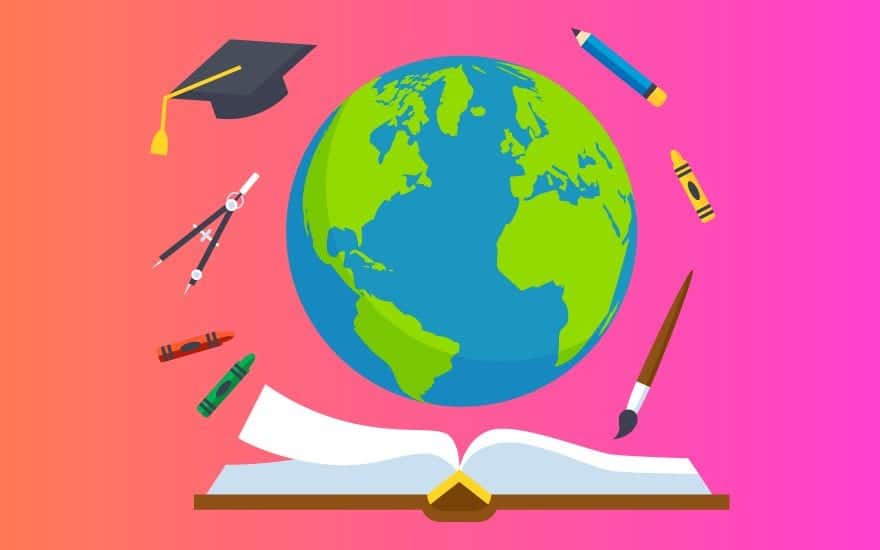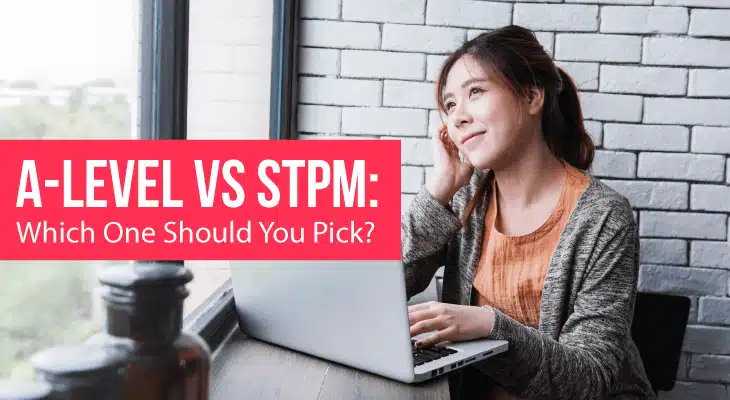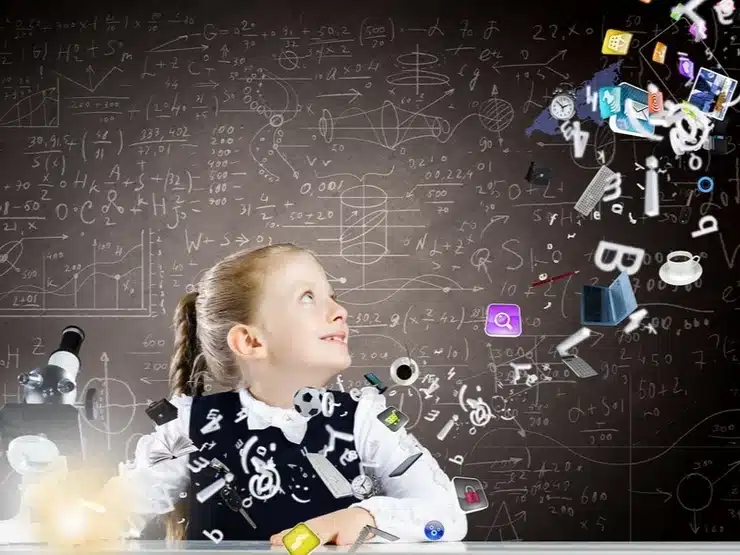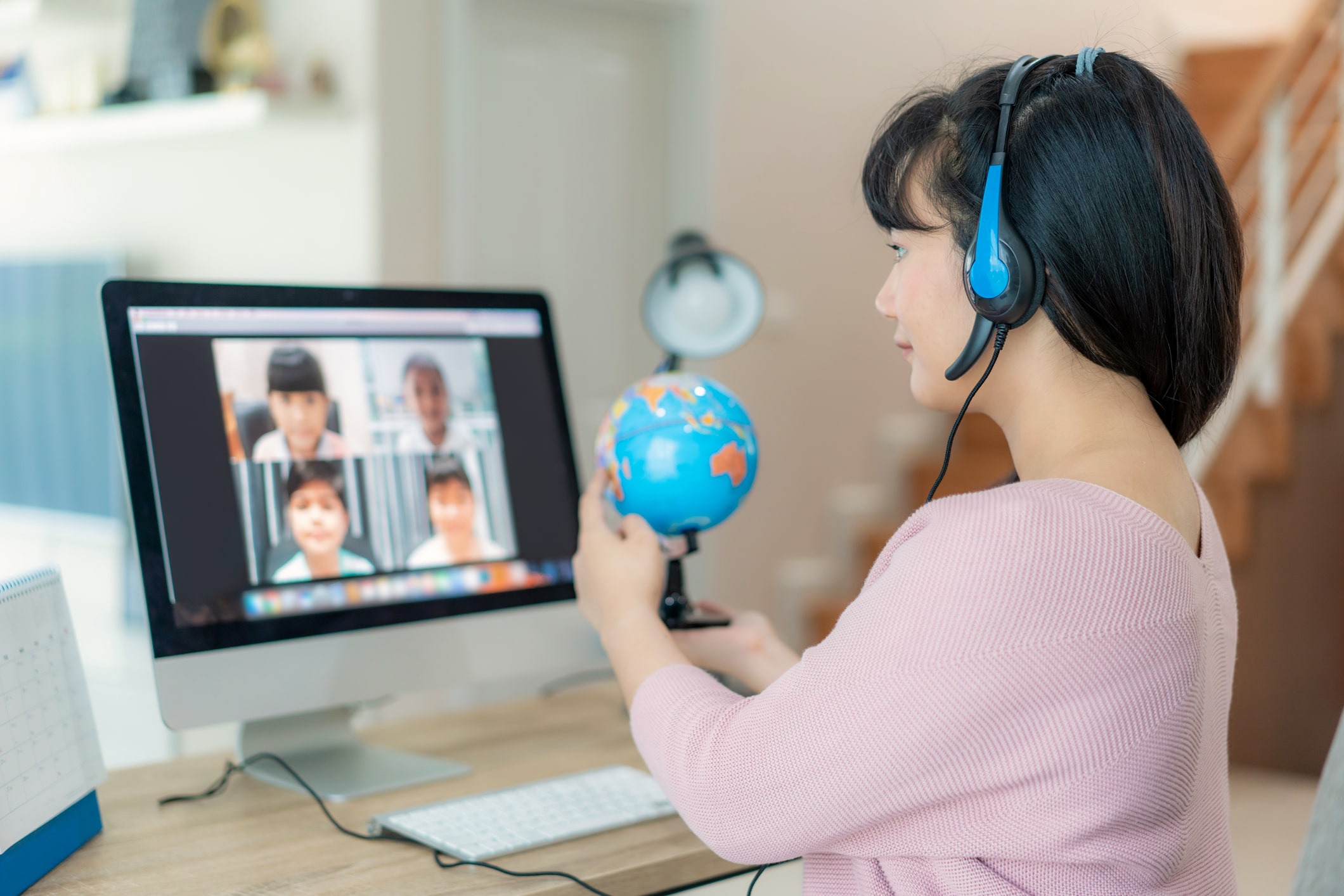Everyone is aware of how vital education is. Many nations and international agreements, such as the United Nations, where the 17 Sustainable Development Goals (SDGs) outlined in the 2030 Agenda for Sustainable Development were ratified by 193 nations, have recognized it as a human right. Goal number four emphasizes quality education for all, affirming a right to free and mandatory basic and secondary education in addition to the goal of eradicating all forms of discrimination in education and ensuring that people with disabilities are included.
We are aware of the value of education for a person. We’re not only referring to the lessons our kids are taught at school, either. This article serves as evidence that teaching your kids civic virtues can have a positive impact. We can assist children to extend their perspectives and develop a stronger sense of social duty by introducing them to particular ideas.
Gender Inequality: A Real Barrier

Do you know that because of gender inequality, many disadvantaged women are unable to receive a quality education? Young girls and their potential are suffering as a result of the belief that sons have a greater entitlement to education than daughters. Because they are unable to read and write, kids are unable to understand their rights from an early age, which ultimately puts them at a severe disadvantage as they age.
Giving disadvantaged girls the education they need will help them avoid several health and social problems. Women who receive a good education are less likely to experience infertility or contract STDs. Children with educated mothers have a 50% higher chance of living past the age of five, per the United Nations. With the knowledge they possess, educated women will work to provide their children with the highest possible quality of life.
Numerous women have made important contributions to science and society advancement. According to research by the Harvard Business Review, women leaders are more adept in managing the COVID-19 issue because of their emotional intelligence. Jacinda Ardern, the Prime Minister of New Zealand, is regarded as one of the most successful international leaders for her efforts in fighting the coronavirus and for guiding the nation with compassion and grace. Equal access to education will empower more men and women to make a difference in the world. You might be rearing the next Jacinda Ardern, you never know. To assist in educating your children about the value of gender equality, watch A Mighty Girl. They feature a lot of excellent materials that support female role models and leadership.
Put Extreme Poverty to an End by Reading

Today, there are millions of underprivileged kids all over the world for whom going to school has never been a possibility because of financial constraints. For those kids, the pandemic has made things more difficult. Many of them are unable to complete primary school and, worse yet, are compelled to drop out of school because they are unable to participate in online distance learning, which necessitates a working device and sufficient internet connection. A significant portion of youngsters are illiterate as a result, and many of these young people lack the skills necessary for a successful life, making it more difficult for them to escape the cycle of poverty.
How can education assist in eradicating extreme poverty, I’m sure you’re wondering. In other words, the more educated a person is, the less likely they are to be poor. If children were taught the fundamentals of reading, 171 million people could be kept out of poverty, according to the Global Partnership for Education. This fundamental reading ability is crucial since children quickly assimilate information, making it only fair that we start giving them high-quality education at an early age.
Additionally, those with more education can find positions that pay more and afford the amenities they need. When knowledge is available to everyone, the economy expands favorably and fewer people lack the essentials for survival. Without a doubt, education can be a powerful weapon for ending extreme poverty. You may ask your kids the same questions that UNICEF has asked children about their perceptions of poverty. Your next step in educating kids about poverty could be as easy as asking them, “What do you think of poverty?”
Now is the Time for a Sustainable Planet

Humanity has come a long way with decent education over the years. Our forefathers did not have the technology that we do. However, our earth has suffered because of our brilliant inventions. For instance, since plastic cannot decompose, it contributes significantly to water contamination and the demise of aquatic life. Plastic is a commonly utilized artificial material. Additionally, there is a risk of overpopulation because more people result in a higher rate of resource depletion.
Education can help save the earth, just as it has helped humanity advance. People can be made aware of the negative effects of pollution and unsustainable living with the help of proper education. Once they are, they can modify their behavior and values, make more sustainable decisions, and work to protect the environment for present and future generations.
How can you instill these principles in your children? Start by taking your own bag to the grocery store, then talk to your children about the value of reusable, environmentally friendly bags. Greta Thunberg, a Swedish teenager who is 18 years old, is an environmental activist who has been publicly pressuring world leaders to support laws that address climate change. She has been holding protests outside the Swedish parliament since she was 15 years old. Many others soon did the same. A placard and awareness were the first points. Millions of people now hold her in high regard for having the courage and tenacity to save the planet.
Your children should understand the value of education and its advantages because well-informed people become better citizens, and better citizens are truly what will lead to a brighter tomorrow. Education is the most potent tool you can employ to change the world, as Nelson Mandela famously stated.








